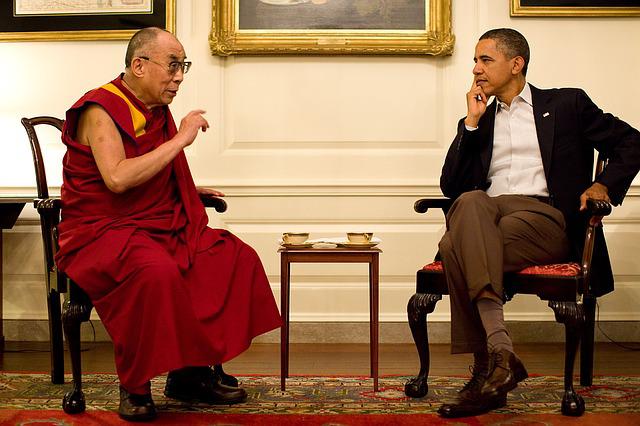
An objection can be a comment that contradicts or refutes another.
An objection is a challenge or reply that is against an order, purpose or opinion . The term comes from the Latin word obiectio .
Refute or contradict
In colloquial language , an objection means refuting or contradicting something . For example: "I liked your idea, although I have an objection: I don't think we can have everything ready before the weekend" , "Yesterday I presented the project to the board of directors and I had no objections" , "Why do you always fence?" Any objection to my proposals? .
In friendships and other close ties, although the term is not as common, it can be used to describe an opposition that is annoying or counterproductive, or simply to indicate that it is an important observation. The first example belongs to this last category: the sender does not intend to bother his interlocutor, but rather to point out a potential problem.
In the second sentence the term is used in a corporate environment, so its degree of seriousness is greater, because an objection could result in the rejection of the project . Finally, the sender does express displeasure at his interlocutor's objections, as if he expressed them simply to annoy him.
Law mechanism
The idea of objection also appears in the legal field . In this case, it is a mechanism that makes it possible to exercise the right of contradiction within the framework of an oral trial.
Through the objection, an attempt is made to prevent distortion of the evidentiary process. It is common for objections to aim at ensuring that there is no deviation from the matter to be discussed, to mention one case.
Leading, confusing, speculative, hostile or impertinent questions may be challenged. To object, the lawyer must say the word "objection" and wait for the judge 's decision .
If the magistrate accepts the objection, he indicates: "It is valid." On the other hand, if the judge rejects the objection, considering it incorrect or inappropriate according to the rules , he states: "There is no place."
Conscientious objection
Conscientious objection , on the other hand, is alleged by a person when, for a religious issue or an ethical reason , he or she refuses to perform a service or an action that has been imposed on him or her in the form of an order or by means of a law. This resource is associated with the convictions of the individual.
It is also found in the field of medicine, when a professional refuses to carry out an apparently mandatory intervention because he believes that it goes against his principles , whether for moral, ethical, political, religious or philosophical reasons. From a rational ethical point of view, it is assumed that human beings owe first of all to our own conscience to judge the correctness of our actions, so this type of objection is a subjective right that we have to refuse to comply. external mandates if we perceive that they contradict internal ones.

Lawyers' objections must be approved or denied by judges.
This right is supported by the Declaration of the Rights of Man and of the Citizen , for example, which proclaims the right to resist oppression, and also by the American Convention on Human Rights , which determines our freedom of conscience and religion. If these are impositions that violate our most intimate convictions, we can refrain from carrying them out. This does not mean that we are safe from legal retaliation, as this depends on different factors, both geographical and historical.
One of the most famous cases of conscientious objection involved Muhammad Ali , who in 1966 refused to perform military service during the Vietnam War . At first, the boxer was convicted by the Court since the authorities did not accept his objection, although later the Supreme Court agreed with him.
